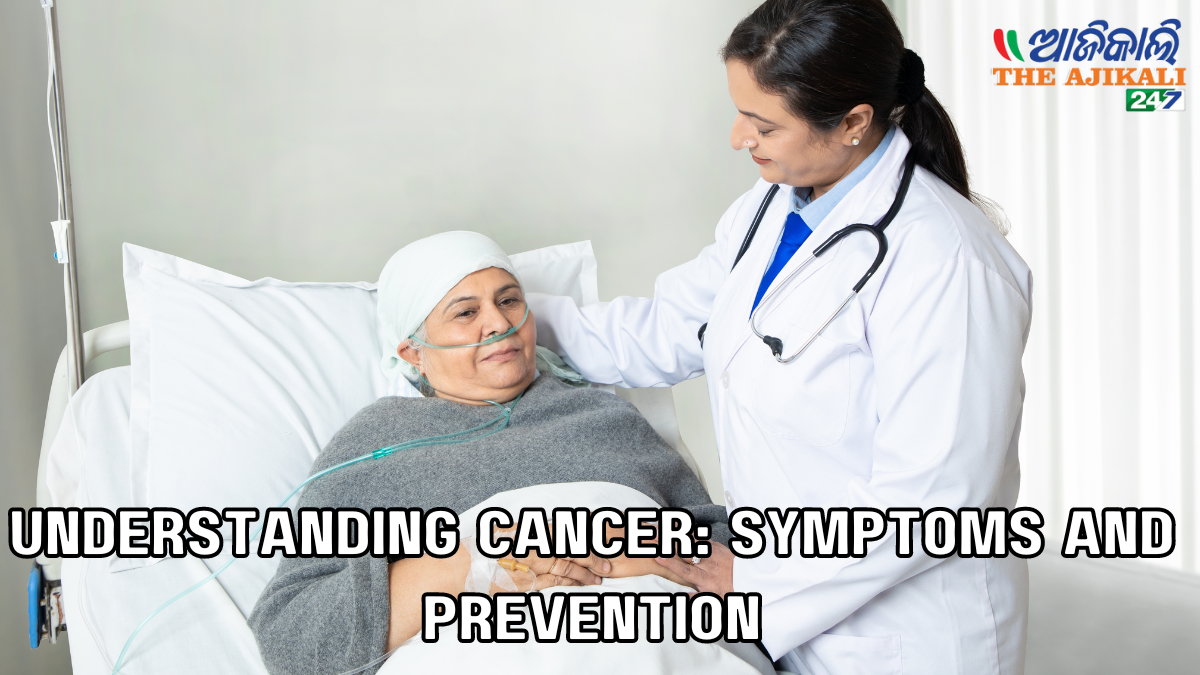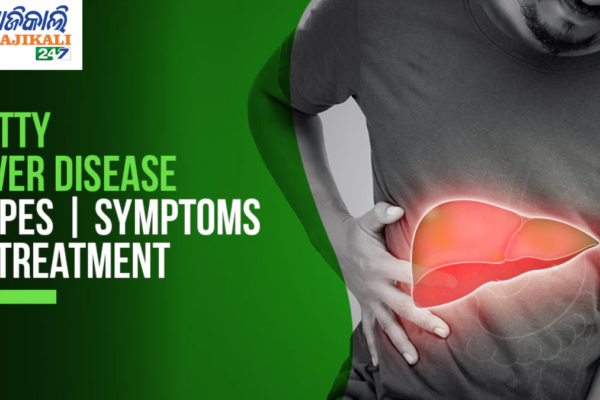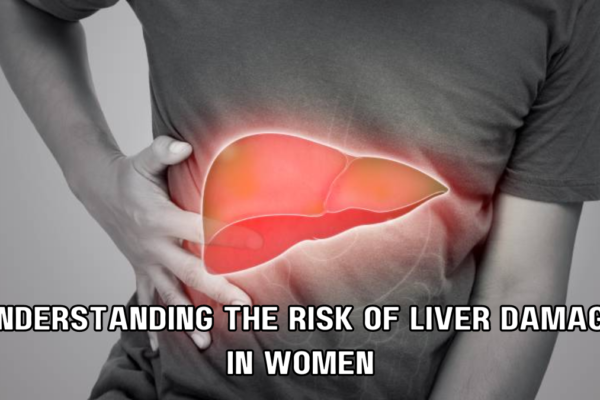Introduction:
Cancer is a group of diseases characterized by the uncontrolled growth and spread of abnormal cells. It can affect almost any part of the body and is one of the leading causes of death worldwide. Early detection and prevention are crucial in the fight against cancer. In this blog, we’ll explore the common symptoms of cancer and provide tips on how to reduce your risk.
Common Symptoms of Cancer:
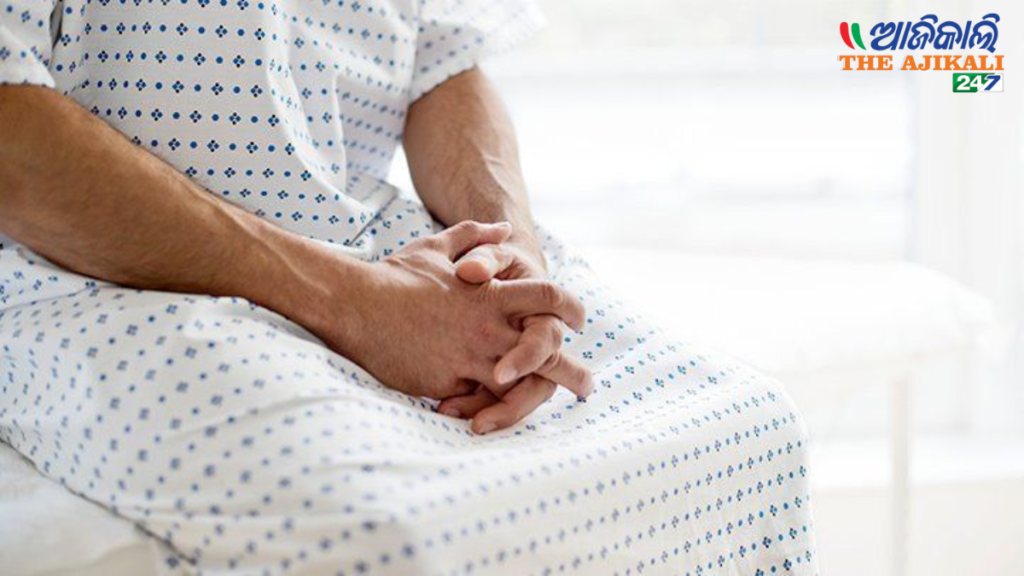
The symptoms of cancer can vary greatly depending on the type and location of the cancer. However, there are some common signs that could indicate the presence of the disease. It’s important to remember that these symptoms can also be caused by other health conditions. If you experience any of these symptoms persistently, it’s essential to consult a healthcare professional for a proper diagnosis.
1. Unexplained Weight Loss-

- Losing weight without trying can be a sign of several cancers, particularly those of the stomach, pancreas, esophagus, or lung.
2. Fatigue-

- Extreme tiredness that doesn’t get better with rest can be an early symptom of cancers like leukemia or colon cancer.
3. Pain-

- Persistent pain, especially in the bones or back, can be an indication of cancer spreading to these areas.
4. Skin Changes-

- Changes in the skin such as new moles, sores that don’t heal, or changes in existing moles can be signs of skin cancer.
5. Changes in Bowel or Bladder Habits-

- Persistent constipation, diarrhea, or changes in stool size could be a sign of colon cancer. Changes in bladder habits might indicate bladder or prostate cancer.
6. Unusual Bleeding or Discharge-

- Unexplained bleeding can occur in early or advanced cancer. Coughing up blood could be a sign of lung cancer, while blood in the stool could indicate colorectal cancer.
7. Lumps or Thickening-

- New lumps or thickening in the breast, testicles, or other parts of the body could be a sign of cancer.
8. Difficulty Swallowing-

- Persistent trouble swallowing can be a symptom of throat or esophageal cancer.
Prevention Tips:
While there is no guaranteed way to prevent cancer, certain lifestyle changes can significantly reduce your risk. Here are some strategies to help protect yourself:
1. Avoid Tobacco-

- Smoking and tobacco use are major risk factors for various cancers, including lung, mouth, throat, and bladder cancer. Quitting tobacco significantly reduces the risk.
2. Eat a Healthy Diet-

- A diet rich in fruits, vegetables, whole grains, and lean proteins can help lower cancer risk. Limit consumption of processed meats and red meats, which have been linked to an increased risk of certain cancers.
3. Maintain a Healthy Weight-

- Obesity is linked to several types of cancer, including breast, prostate, lung, colon, and kidney cancer. Regular physical activity and a balanced diet can help maintain a healthy weight.
4. Stay Physically Active-

- Aim for at least 150 minutes of moderate aerobic activity or 75 minutes of vigorous activity each week. Physical activity helps maintain a healthy weight and reduces the risk of several cancers.
5. Protect Yourself from the Sun-

- Skin cancer is one of the most common types of cancer and one of the most preventable. Use sunscreen, wear protective clothing, and avoid tanning beds.
6. Get Vaccinated-

- Certain viruses are linked to cancer. The HPV vaccine can help prevent most cervical cancers and some other cancers. The Hepatitis B vaccine can reduce the risk of liver cancer.
7. Avoid Risky Behaviors-

- Practice safe sex and avoid sharing needles to reduce the risk of infections that can lead to cancer.
8. Regular Medical Care-
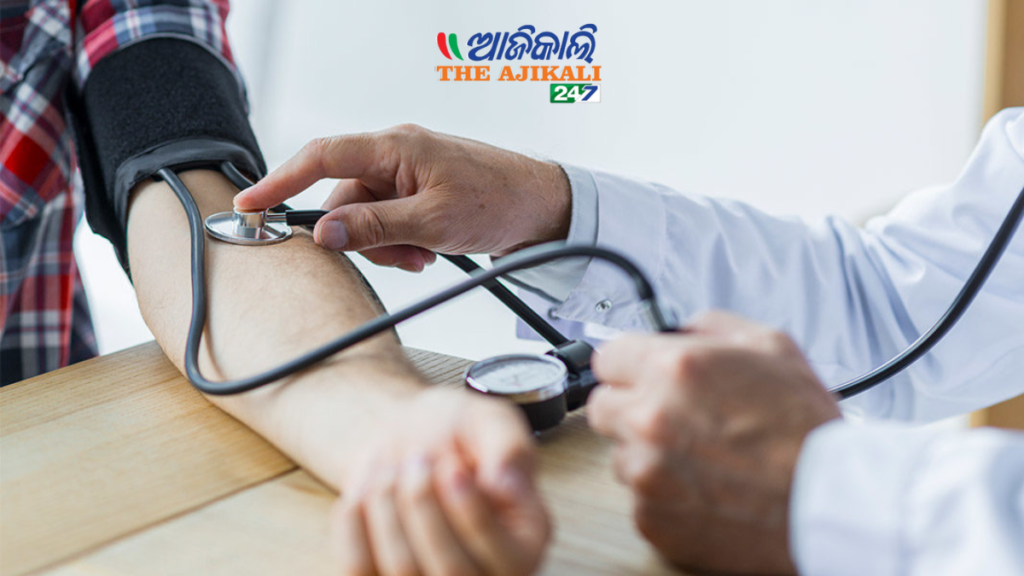
- Regular check-ups and screenings can detect cancer early when treatment is most effective. Follow your doctor’s recommendations for screenings, such as mammograms, colonoscopies, and skin exams.
Conclusion:
Understanding the symptoms of cancer and taking proactive steps to reduce your risk are crucial in the fight against this disease. By making informed lifestyle choices and staying vigilant about your health, you can significantly lower your risk and increase the chances of early detection and successful treatment. Always consult with healthcare professionals for personalized advice and screenings based on your individual risk factors.

